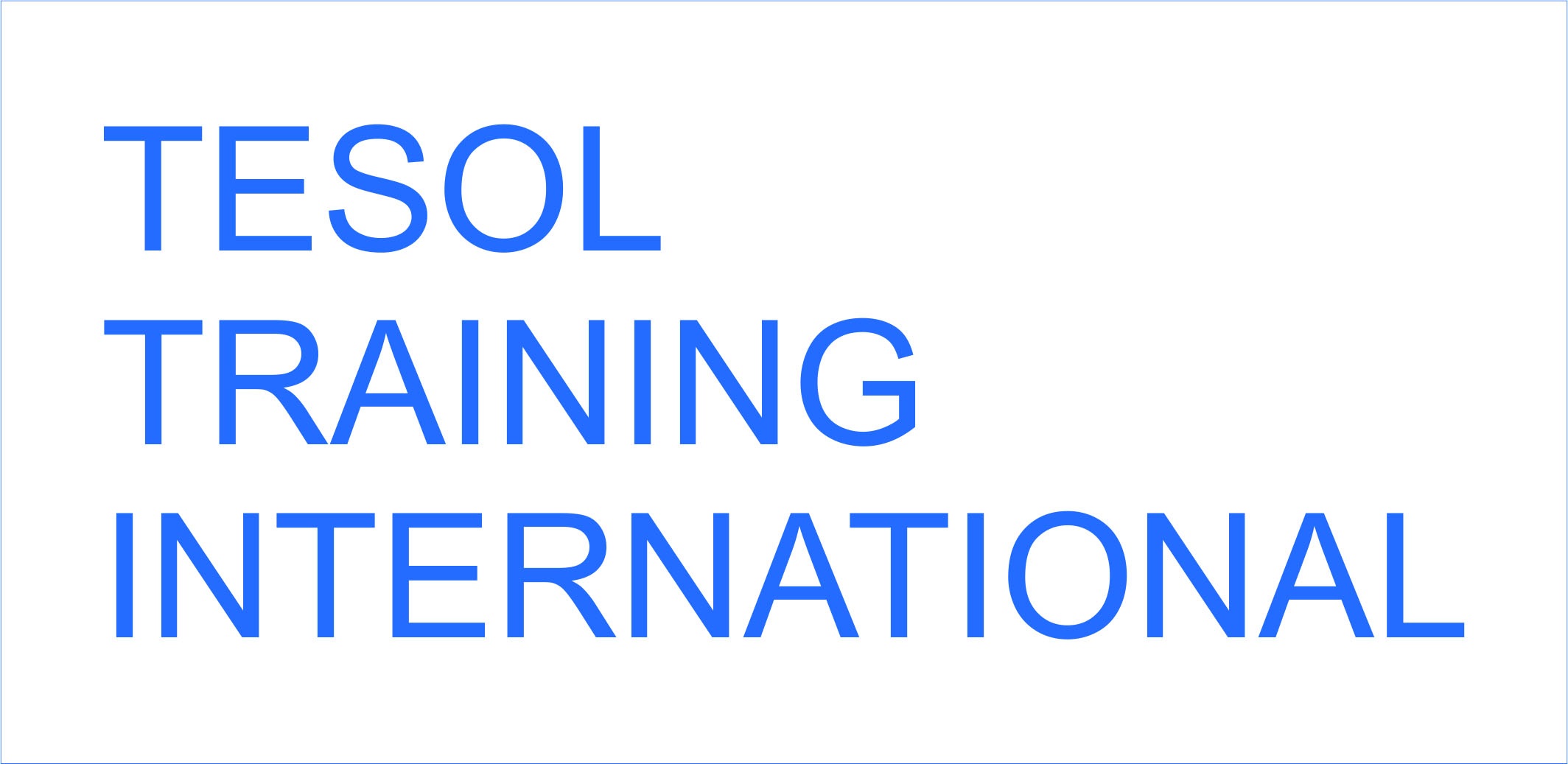TESOL Certification Program for Internationals!
The TESOL Certification Program w is a comprehensive 240-hour course that provides students with a solid foundation in the English language so that pedagogical and research questions related to teaching, learning, and assessment of (ESL) English as a Second Language or (EFL) English as a Foreign Language can be addressed. The TESOL program helps students develop strategies, firmly grounded in theory, research and practice, to teach ESL in the US, or to teach EFL internationally.
The course is divided into three main modules: Foundation (8 weeks), Business (4 weeks) and Young Learners (4 weeks). Each module offers a series of meetings with qualified instructors. From the meetings, students will have a list of activities to be done in class and readings and assignments to be delivered on future meetings as assigned in the course calendar of activities. The modules are as follows:
| Foundation | Business English | Young Learners |
|---|---|---|
|
|
|
Course Requirements
- 88 hours of In-Class instruction; 10 hours of Class Observation;
- 2 hours of Co-Teaching Practicum;
- 4 hours of Teaching Practicum;
- 6 hours of Coaching;
- 10 hours of research and planning.
Attendance
Students are expected to attend ALL sessions. A lot of crucial material and activities will be covered every week. Therefore, attendance is imperative to one’s success. Attendance will be taking at the beginning of the class. Please, be on time. If you are late fifteen minutes or more, it will count as half of an absence. Only one absence will be allowed. If you are absent more than once, you will not qualify for a certificate, but will receive a letter of accomplishment instead. There are no make-ups for presentations and assignments. Also, make sure co-teaching and coaching are not cancelled last minute, otherwise, you will not be granted another session. Any matters that results from these rules must be resolved between student and school director at their discretion.
Competencies
The TESOL Certification Program aims to prepare teachers of TESOL who will be successful classroom teachers in a wide variety of institutional settings and cultural contexts. We expect our graduates to be effective educational leaders, advocates, and change agents.
Who can take our program?
Non-native Speakers:
- Have the ability to understand, read and write English (Advanced) – Comparable to Level 5 or Higher with the current methodology of the TUI Hillcrest courses;
- Current students – Level 9 or higher, no test is required;
- Non-students MUST take a placement test and an interview conducted by an Education Coordinator/Head Teacher or a TESOL Instructor;
- High School Degree translated into the English Language.
“If you are a non-native English speaker: Please, contact us to schedule a test”
Conclusion
Throughout the TESOL Certification Program, you will have opportunities to develop and demonstrate the following eight competencies, which have been adapted from the national Guidelines for the Certification and Preparation of Teachers of English to Speakers of Other Languages in the United States (TESOL, March, 1975).
- Have personal qualities
- Demonstrate proficiency in spoken and written English
- Have had the experience of learning another language
- Understand the nature of language
- Have a knowledge of the process of language acquisition
- Have an understanding of the principles of language pedagogy
- Have an understanding of the principles of second-language assessment


